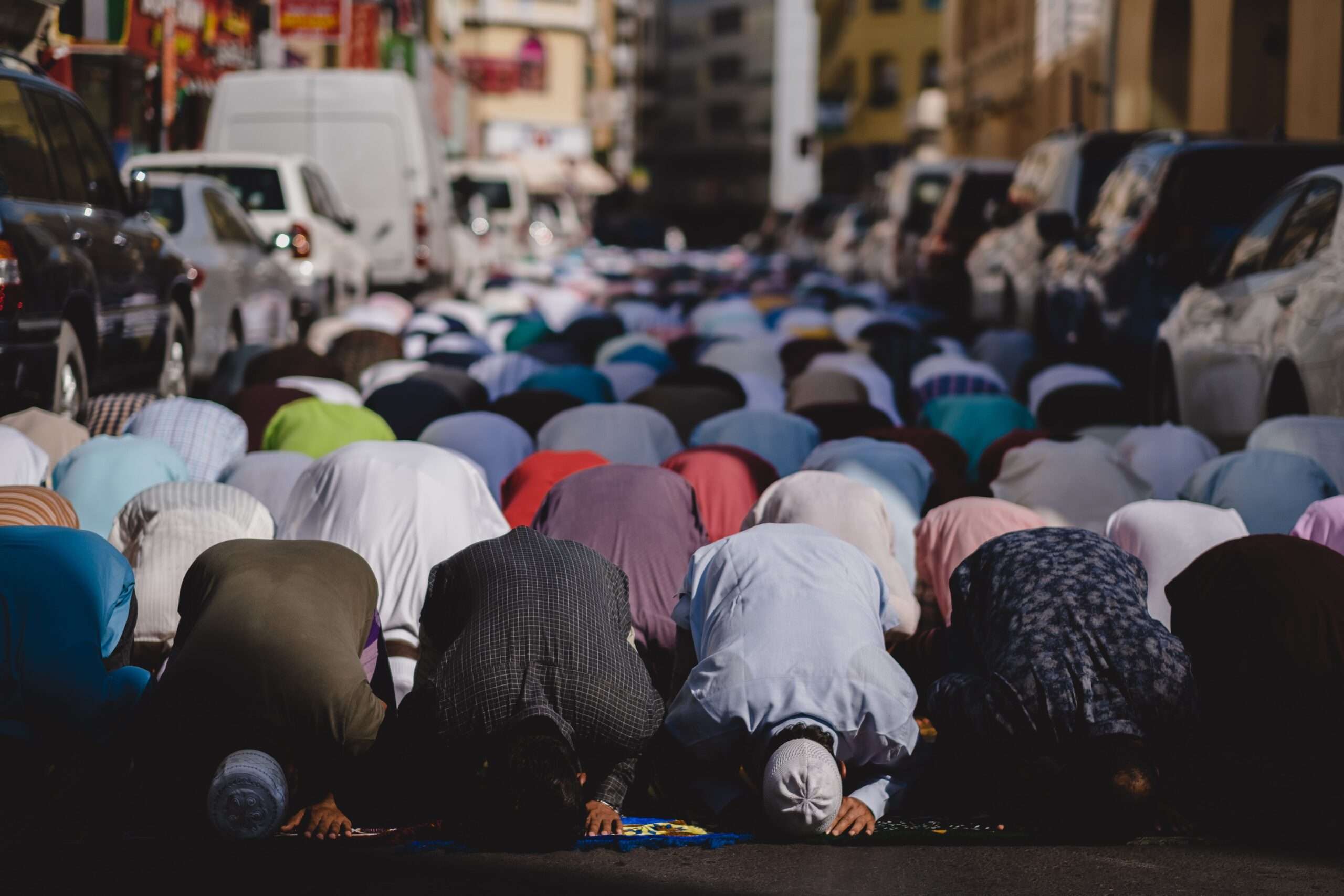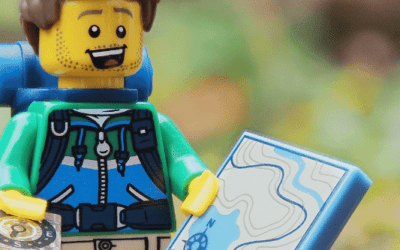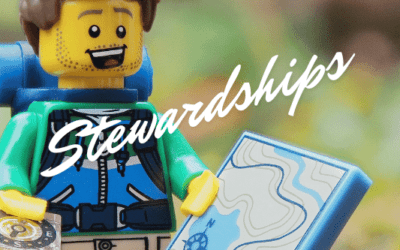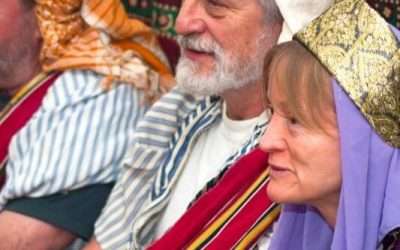What does Christmas mean to you? For me, I think of feasts with my friends and family. I think of a month where time stands still and everyone celebrates. Christmas music, décor, and events permeate my life. I feel like God has been brought close to me and I feel close to him. It’s my favorite time of year.
What about people who don’t celebrate Christmas?
For Muslims, their holiest month is Ramadan. It is, on the Islamic lunar calendar, when the angel Gabriel revealed the first verses of the Qur’an to Muhammed; these revelations continued for 23 years. Unlike Christians who see Jesus as the path to knowing God, Muslims see the Qur’an as the way to know God.
In Quran 2:185, Muslims are commanded to celebrate Ramadan. Observing Ramadan is one of the five pillars, the five fundamental practices that are required acts of worship for all Muslims.
From sunrise to sunset, Muslims observe Ramadan by fasting. They practice self-control and discipline, by abstaining from food, liquids, tobacco, and intimate relations. Instead, they focus on Salat (prayer) and study of the Qur’an. Often, in addition to their 5 prayer times throughout the day, many will attend Tarawih: an additionally nightly prayer where over the course of the month the entire Qur’an is read aloud. Suhur is the pre-dawn meal. After sunset, they often break the fast together at large communal meals called Iftar. Imitating Muhammed, many break the fast by eating dates. Sometimes these meals are hosted at homes and other times at large gatherings at their Masjid (mosque).
For Muslims, Ramadan is spiritually significant. Fasting is worship that brings them closer to Allah. During Ramadan, the Qur’an (3:97, 2:255) teaches that Allah is especially forgiving. Good deeds and other acts of worship during this month are believed to be especially valuable and the spiritual rewards for these things are multiplied. Zakat is another one of the five pillars: Muslims must give a percentage of their income to the poor each year. Because Ramadan is spiritually significant, a larger portion of the yearly Zakat is often given during this time.
During the final 10 days of Ramadan is Laylat al-Qadr, the Night of Destiny: the holiest night of the entire year. This night is when the first verses of the Qur’an were revealed to Muhammed. Many spend the night fasting and praying. Eid al-Fitr marks the end of Ramadan, when a new moon is seen. In addition to the things discussed, there are many local practices that different groups of Muslims celebrate Ramadan with.
Ramadan is a great time to connect with Muslim friends. Here are a few ideas:
- Offer to pray for your Muslim friends.
- Consider fasting and praying as well on the Night of Destiny.
- Join a communal Iftar meal.
- Meet physical needs (since fasting from food / liquids from sunrise to sunset is difficult).
- Ask questions about their spiritual beliefs.
- Share stories of Isa (Jesus): since Muslims also believe the Injil (The Gospels) were revealed during Ramadan.




